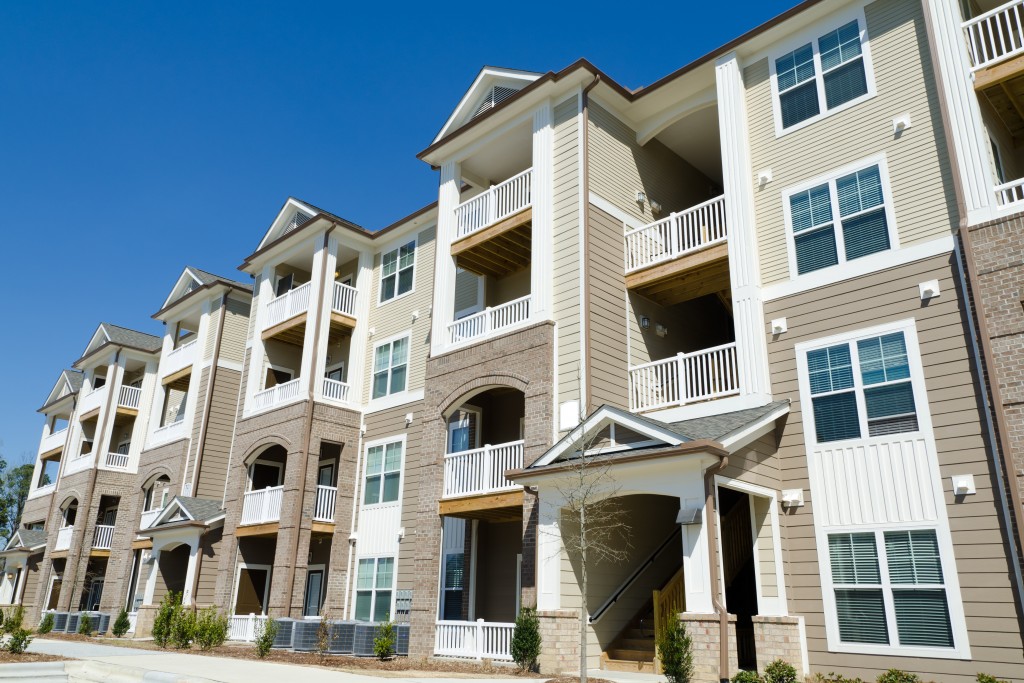Disclaimer: This website provides health information for educational purposes only and is not a substitute for professional medical advice, diagnosis, or treatment. Always seek the guidance of a qualified healthcare provider with any questions you may have.
When you own a rental property, repairs and maintenance are tasks you can’t afford to take for granted. You would want to maintain the integrity of your real estate so that you can keep on leasing it out to tenants at a better rate. But then, even with a detailed agreement, some tenants can be reckless. They can end up damaging your property, and you will be the one to take care of their mess. The good news is, there are things landlords like you can do to reduce your repair and maintenance fees.
Only Accept Quality Tenants
You might want all your units to be occupied. But you also don’t want to have to deal with terrible tenants who already have a history of causing trouble to their landlords. This can put you in a risky situation where they can damage the property more than they pay you each month and even cause inconvenience to other tenants.
Make it a point to select tenants wisely. Don’t merely accept people who have the money to pay their monthly lease. You will benefit from carrying out tenant background checks to make sure they don’t have the habit of hopping from one rental property to another to cause a disturbance in the neighborhood or headaches to their landlords.
Don’t hesitate to interview potential tenants with a series of questions, including the following.
- Their reason for moving
- The number of people moving in the property
- If they have pets or plans on bringing a pet
- References and contact details of their previous landlords
- If they or any of the people who are to live in the house smoke
- If they ever broke a rental agreement
Be Strict When It Comes to Your Rental Agreement
You should already have a set of detailed rental agreement terms in place. Don’t forget to include in the list the possible reasons why you won’t be returning their security deposit.
You should know the state rules that come with putting your property up for rent. In some states, you need to return their deposit within 14 business days, while others allow 30 business days from the end of the lease contract. This should give you enough time to assess the property and create an itemized list of why you’re deducting and withholding a specific amount of their deposit.
You can keep their security deposit in case your tenant:
- Had unpaid utilities
- Breached the lease early
- Was not able to pay their rent
- Cleaning up their mess is costly
- Caused damages to your property
In case your previous tenant failed to take good care of the property, you can use their deposit to clean up their mess, replace the things they destroyed and hire a local general contractor to repair the damages.

Maintain Regularly and Repair Asap
As a landlord, you should have a maintenance and repair plan in place. Remember that you are not only trying to maintain our own home. A rental property is your business that brings in passive income, which means regular maintenance repair is a must.
You don’t necessarily have to wait for a tenant to report maintenance issues before you do something. You can avoid emergency maintenance calls and repairs with a seasonal maintenance plan. This way, you get to keep your quality tenants happy knowing you’re taking good care of the property no matter what.
Ensure that you give your tenants a maintenance schedule listing before they move in. It also makes sense to inform them at least 72 hours before planned maintenance and inspection. This way, you can be sure you’re not trespassing in your own property and that you’re respecting the privacy of your tenants.
In case you receive maintenance or repair calls, do respond to our tenant’s call the soonest time possible. Don’t let days or even weeks pass by before you address their issues. Doing so will only agitate your tenants, and the problem can lead to more damages, thus increasing your costs.
Learn How and When to Say No
There are times when your tenants will ask you if they can improve your rental to make their stay more comfortable and convenient. As much as you want to accommodate their requests, you should always think about the best interest of your business. If they demand upgrades but are not willing to do so at their expense, then you are better off politely denying their requests.
But there are circumstances when their ideas can benefit your business. For instance, they are willing to shoulder the costs while you only pay for the materials. This can be a reasonable request as long as you’re not obliged to pay for unnecessary costs, and you get to keep their upgrades after their contract ends.
You see, there are simple ways you can reduce the maintenance and repair costs in your rental. You need to be a lot more careful and creative when managing your rental properties. Regular maintenance, strict tenant selection, knowing when to say no, and a good rental and lease agreement can lower your costs and save you from potential financial headaches.




